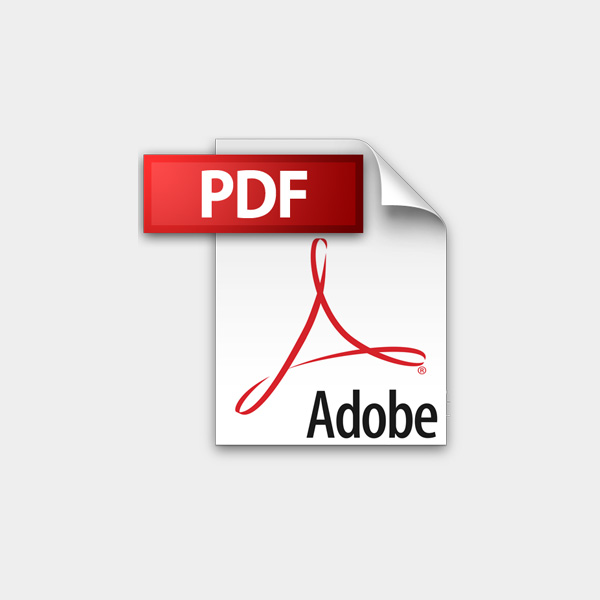“A1 Group has achieved a significant milestone in its climate action commitment: the Science Based Targets initiative (SBTi) has officially validated our ambitious Net Zero targets. This confirmation strengthens our path towards a more sustainable future and establishes us as a pioneer in the telecommunications industry on the journey to climate neutrality”, says Thomas Arnoldner, Deputy CEO of A1 Group.

©
A1 Telekom Austria Group